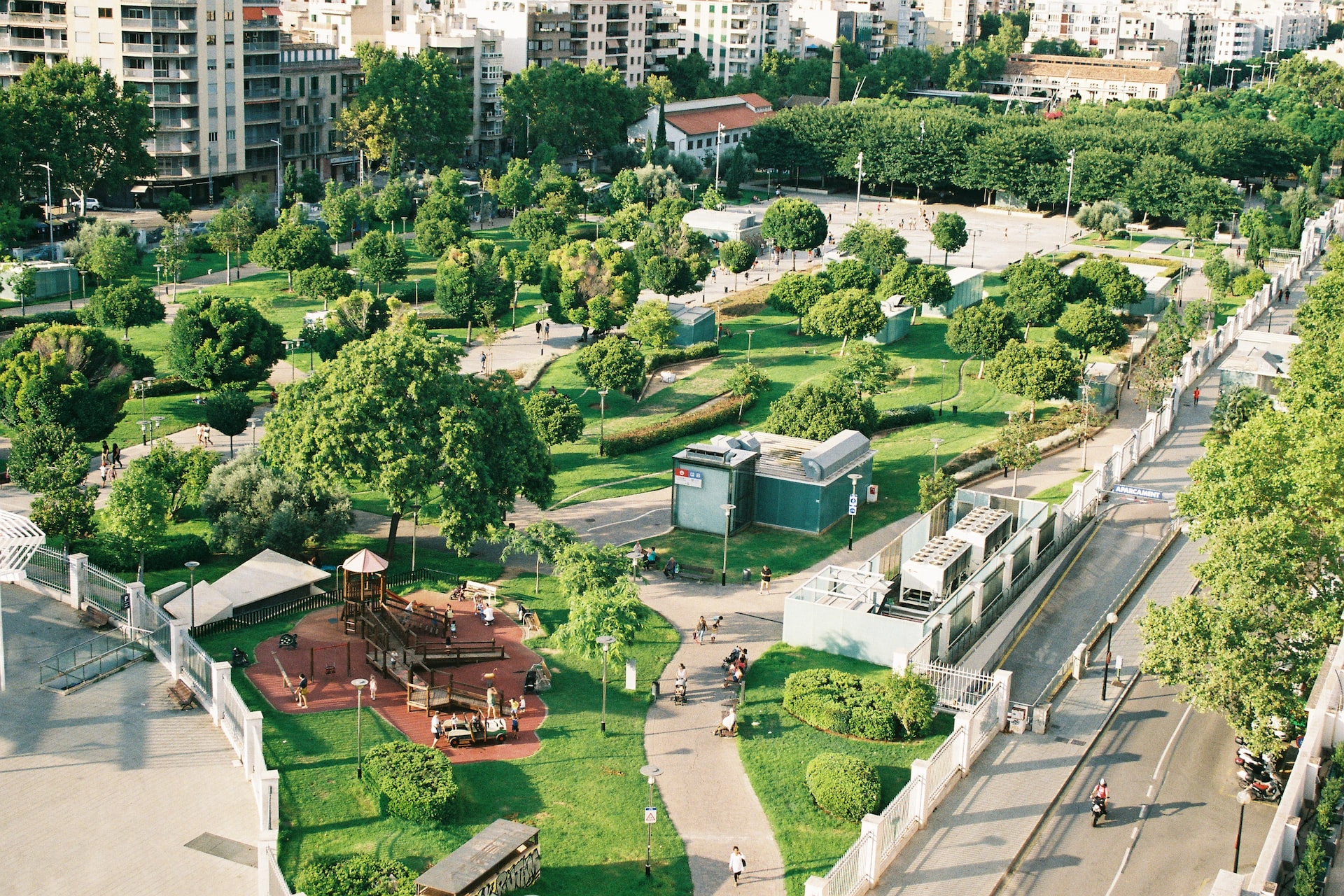First GreeNexUS Week

The First GreeNexUS Week, from 27 May to 31 May 2024 in Imola (Italy), organized by Alma Mater Studiorum Università di Bologna
With attendance of all Doctoral Candidates and Advisors during a full week which aimed to foster a transdisciplinary vision, promoting the exchange of knowledge, sharing of opinions and collaboration.
The programme of the GreeNexUS Week was composed by lectures on the State of the Art, a workshop and a hackathon, following the program below.
On the first day, Monday 27/05/24, held in Sersanti Palace in Imola, courtesy of Fondazione Cassa di Risparmio di Imola, experts from various countries talked about the challenges of the green regeneration of cities to improve the environment of our cities and make them increasingly capable of promoting healthy lifestyles and the most cutting-edge experiences and tools to address them.
The opening was chaired by Professors and Coordinators Cesare Sangiorgi, Patrizia Tassinari and Daniele Torreggiani from UNIBO. The workshop organized and chaired by Agricultural University of Athens (AUA) and UNIBO on the topic “Green regeneration of consolidated urban contexts – Greening the city: health for all. Challenges, transdisciplinary approaches, tools and experiences” was held on Monday afternoon.
Chair Daniele Torreggiani (UNIBO) and Lectures by:
Maria Beatrice Andreucci – La Sapienza University, Department of planning, design, technology of architecture – on Salutogenic design for people and the environment. Evidence from research and practice.
Dafni Avgoustaki – Agricultural University of Athens, Farm Structures Lab – on From linear to circular: creating sustainable, healthy and resilient urban areas.
Alberto Barbaresi – University of Bologna, DISTAL, Biosystems engineering team . on Integrated nature-based solutions and green regeneration to improve quality and safety of the urban environment
The GreeNexUS training week courses started on the second day, 28/05/24 an interesting multidisciplinary training opportunity not only for the young researchers involved in the project, but also for all doctoral students interested in the topics covered. The attendees imparted the following courses:
Course 3.2 The life cycle thinking (LCT) approach for sustainability assesment (AUA)
Course 4.1 Enviromental aspects of novel green infrastructure in urban spaces (AUA)
Course 2.1 Smart Human Green City: Green urban developments for all (FONCE)
Course 2.2 Asphalt Modified with Biomaterials as Eco-Friendly and Sustainable Modifiers (UNICAL)
Courses continued on the third day, 29/05/24:
Course 1.2 Citizens’ engagement: co-creation and collaboration for R&I in greener contexts (CESIE)
Course 1.1 Green Solutions to abate Outdoor Air Pollutions – Green S.O.A.P. (POLIMI)
Course 3.1 Spatial Multicriteria Analysis for healthy decisions making processes (POLIMI)
Course 4.2 COVID-19 and Cities: from Urban Health Strategies to the pandemic challenge (POLIMI)
On day four, 30/05/24, the Doctoral Candidates attended the following courses:
Course TS.1 (communication) Outreach communication skills: how to raise awareness towards multiple audiences Communication (ICONS)
Course TS.2 (communication) How to design and strategically plan your impact-oriented communications (ICONS)
In the afternoon, a Hackathon seen the project’s researchers take part in a challenge: working in groups they discussed what the best strategies were to shape the green transition of our cities, through collaborations between public and private organizations. Also in this case, the challenge and the invitation to participate were opened to all interested doctoral students.
Green regeneration of consolidated urban contexts – Shaping the green urban transition: boosting knowledge transfer and public-private partnerships (UNIBO/ENVI)
Discussant: Francesca Poli, Responsible Ecologic transition area – Agency for Energy and Sustainable Development (AESS) with the participation of Elisa Spada, Councilor for the Environment, sustainable mobility, gender and participatory policies of the City of Imola.
